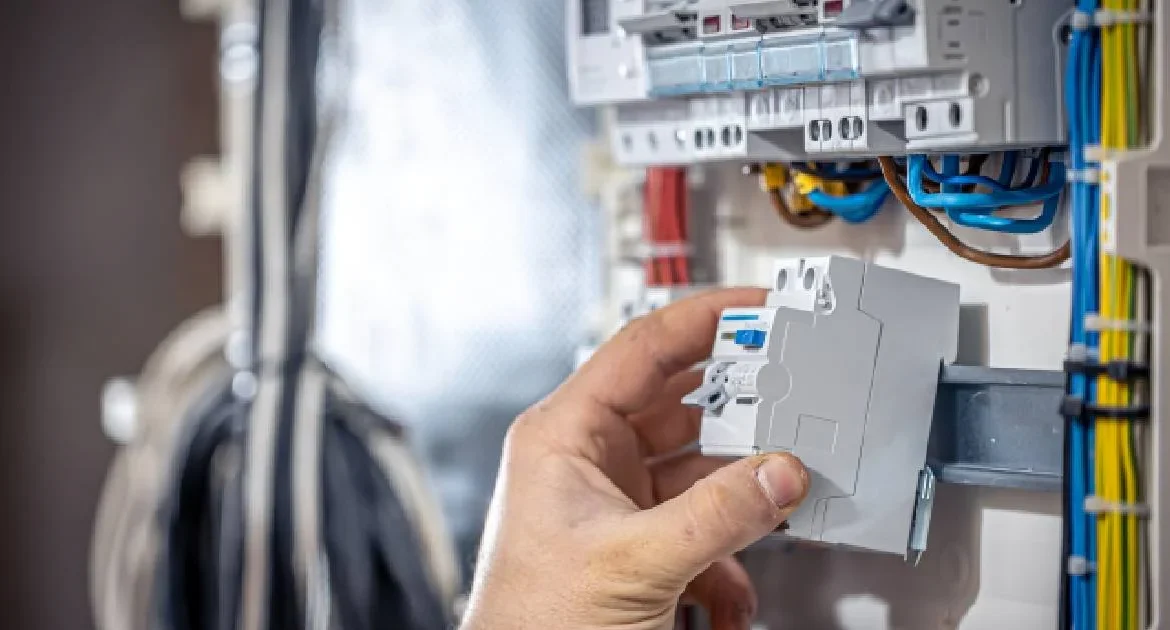Introduction:
In the realm of electrical safety, one often encounters the term “EICR electrical certificate,” which stands for Electrical Installation Condition Report. This certificate plays a pivotal role in ensuring the safety and reliability of electrical installations in various settings, including homes, businesses, and industrial facilities. In this blog post, we will delve into the significance of regular EICR inspections and how they contribute to maintaining a safe and efficient electrical infrastructure.

EICR Certificate
Certified EICR service for up to 15 circuits. Our accredited engineers provide fault finding, diagnostics, and we can do a PAT in the same visit. Legally it’s required every 5 years.
Understanding EICR Electrical Certificates:
An Electrical Installation Condition Report, commonly known as an EICR, is a comprehensive examination of the state of an electrical installation. Conducted by qualified and registered electricians, this inspection assesses the safety of the electrical system, identifying any potential hazards or defects that could compromise the well-being of individuals and the integrity of the installation.
Key Components of EICR Inspections:
- Identifying Wear and Tear: EICR inspections are designed to uncover signs of wear and tear on electrical components. Over time, connections can become loose, insulation may degrade, and equipment can deteriorate. Regular inspections help detect these issues early, preventing them from escalating into serious problems.
- Ensuring Compliance with Regulations: Electrical installations are subject to various safety regulations and standards. EICR inspections ensure that the installation complies with the latest electrical safety requirements. This not only safeguards occupants but also helps avoid legal consequences for non-compliance.
- Preventing Electrical Fires: Electrical faults are a leading cause of fires in both residential and commercial properties. EICR inspections play a crucial role in identifying potential fire hazards, such as overheating components, faulty wiring, or outdated equipment. Addressing these issues promptly can significantly reduce the risk of electrical fires.
- Maintaining Efficiency: An efficiently functioning electrical system is not only safer but also more cost-effective. EICR inspections help identify inefficiencies, such as power wastage, which can be addressed to improve the overall performance of the electrical installation.
- Protecting Investments: For businesses and property owners, regular EICR inspections are an investment in the longevity and reliability of their electrical infrastructure. By addressing issues early on, they can avoid costly repairs or replacements and ensure uninterrupted operations.
What is an EICR Electrical Certificate, and why is it important?
An EICR (Electrical Installation Condition Report) is a document that assesses the safety and condition of the electrical installations within a property. It is crucial because it helps identify potential hazards, ensures compliance with regulations, and verifies that the electrical systems are safe for use.
How often should EICR inspections be conducted?
The frequency of EICR inspections depends on the type of property. For residential properties, an EICR is recommended at least every 10 years or on change of occupancy. Commercial properties may require more frequent inspections, typically every 5 years. However, it’s essential to check with local regulations and your electrician for specific guidelines.
What are the potential risks of neglecting regular EICR inspections?
Neglecting EICR inspections can lead to various risks, including electrical fires, electric shocks, and damage to electrical appliances. Additionally, non-compliance with regulations may result in legal consequences and difficulties in obtaining insurance coverage.
Are there any specific industries or businesses that benefit the most from regular EICR inspections?
While all properties can benefit from EICR inspections, certain industries, such as hospitality, healthcare, and manufacturing, where electrical systems are heavily used, may benefit more. Regular inspections in these sectors help prevent disruptions, ensure business continuity, and protect the safety of occupants.


